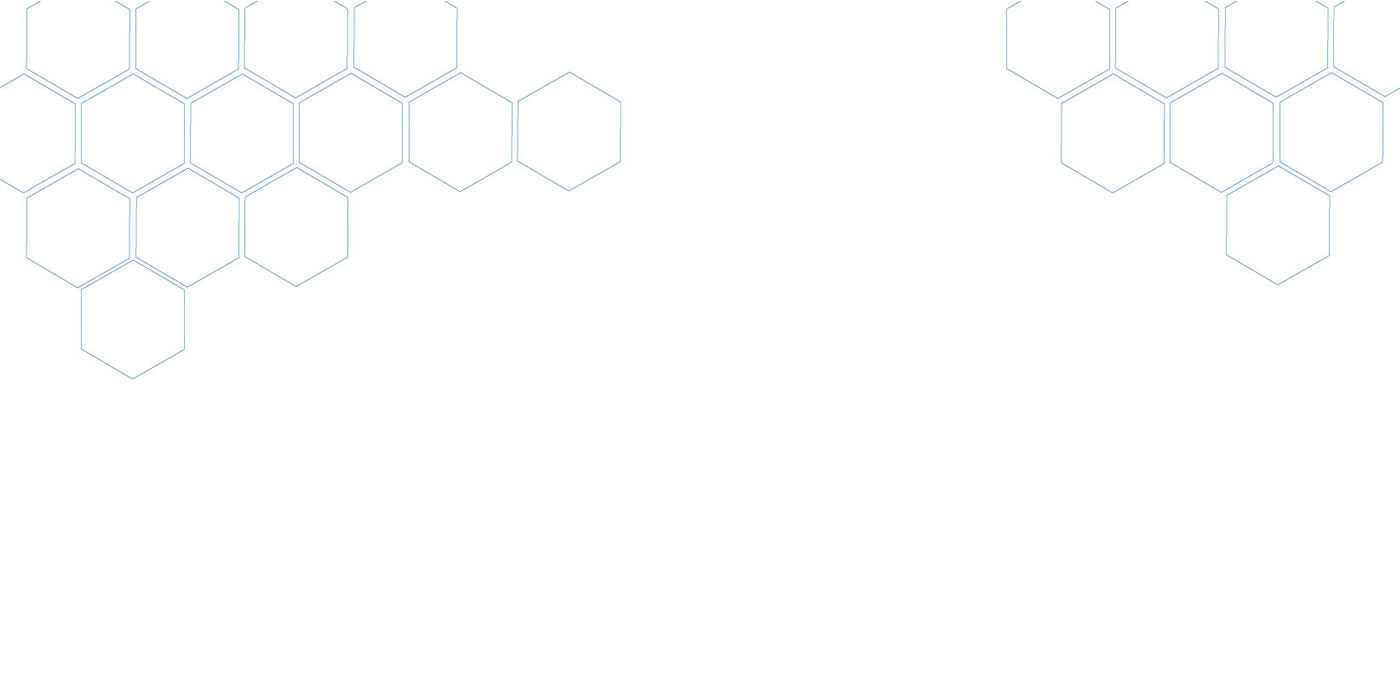Please watch this introductory video by February 13th
Session Materials
Session 1
Session 1: Framing STEM Education as a Force for Good
Saturday February 13, 2021
1:00 – 2:30 PM Eastern / 10:00 - 11:30 AM Pacific
Gina Navoa Svarovsky, Ph.D. and Christine Trinter, Ph.D.
Session Materials
- Pre-Conference Introductory Video
- Overview of Equity and Social Justice Principles (PDF)
- Enabling the Future Video Reflection - Graphic Organizer (Word-Preferred Format) (PDF)
- Project ENABLE Video
- Session Slides
This session introduces a framework for how STEM Education can connect science, technology, engineering, and mathematics to principles of equity and social transformation. The session lays the groundwork for understanding four foundational principles rooted in Catholic Social Teaching, yet which are universally applicable in other private and public educational contexts. These are: 1) affirming the dignity of all human beings; 2) promoting the common good; 3) advancing human flourishing of the marginalized and vulnerable; and 4) acting with rights and responsibilities.
Session 2
Session 2: Applying An Equity Framework To STEM Contexts
Thursday, February 18, 2021
7:30 – 8:45 PM Eastern / 4:30 - 5:45 PM Pacific
Session Materials
1. Please watch these two short videos prior to Session 2
Pilar Gonzalez Portrait of Practice
Laura Fraher Portrait of Practice
2. Please download the breakout room task card for your content area (the email sent on February 16th reminds you of the content area you selected at registration)
Elementary Multi-Subject (K-5) (PDF) (Word)
Humanities (MS & HS) (PDF) (Word)
Math (MS & HS) (PDF) (Word)
Science (MS & HS) (PDF) (Word)
3. Please download this handbout for Session 2 breakout discussions
Making STEM a Force for Good Reflection Tool (PDF)
4. Other resources
Primer on Catholic Social Teaching Optional Reading (PDF)
Session Slides
This session serves as a bridge between the conceptual overview of Session 1 and the embedded-in-practice focus of Session 3, by providing one mechanism for thinking about the ways in which teachers might orient their thinking in relation to both curriculum and instruction. The session will draw on lived experiences of teachers and connect them to the conceptual framework, specifically here in the two ways related to curriculum – explicitly integrating content experiences with principles of Catholic Social Teaching – and instruction – explicit ways of interacting to promote these equity principles. Participants will meet in facilitated break-out rooms to develop, discuss, and deepen new ideas at the intersection of the four equity principles, curriculum, and instruction.
Session 3
Session 3: Disciplinary Perspectives & Applications
Thursday, February 25, 2021
7:30 – 8:45 PM Eastern / 4:30 - 5:45 PM Pacific
Please find the materials and webinar link for your elective below. You will receive an email reminder with your elective selection prior to February 25th.
Altering Perspectives: Using Data Visualization to Analyze Authentic Situations
In this session, participants will explore the essential role that visualization plays in our increasingly connected digital world and the ways visualization can be used to engage students in complex data analysis through the lens of societal issues.
- Visualization Breakout #1 (PDF)
- Session Slides #1
- Session Slides #2
Engineering Design as a Pathway to Human Flourishing
Participants in this session will consider different ways that engineering and engineering design can be used, not only to solve complex challenges but also to engage and empower individuals and the communities in which they live.
Integrating Equity into CS Curriculum Design and Instruction
Diana Franklin, Ph.D. and Jean Salac, Doctoral Student
This session explores different perspectives on culturally-relevant curriculum design for computer science and the different ways those are enacted in Scratch Encore, a computer science curriculum for 4th-8th grade students. Participants are welcomed to use their computers to experience some of the beginning lessons themselves! No programming experience necessary.
Student Ideas as Assets to Science Learning
This session will frame principles and provide strategies for elevating student voice and using their conceptions of the natural world as assets to class-wide learning. The session will focus on the use of student-created conceptual models and of productive talk tools in order to help all students develop deep explanations of science phenomena.
Session Materials
Session 4
Session 4 (Optional): Reflections on Practice -- Making STEM a Force for Good
Thursday, March 25, 2021
7:30 – 8:45 PM Eastern / 4:30 - 5:45 PM Pacific
Session 4 will draw on participants’ experiences and reflection to apply concepts from Sessions 1 - 3. Using the template provided below, we ask participants to identify one unit, lesson, or task that might benefit from meaningful changes that reflect one of the four tenets of the conference’s equity framework. Please spend 15-20 minutes prior to the session reflecting on a concrete, new opportunity for making STEM a force for good in your classroom using the guiding prompts. We recommend using the Google slide template, but downloadable PowerPoint and PDF versions are available as well.
Session Preparation Template (Google Slide (recommended), PPT, PDF)
Access your session by clicking on the appropriate button below.
Supplemental Resources
Supplemental Resources
- Overview of Equity and Social Justice Principles (PDF)
- Primer on Catholic Social Teaching Optional Reading (PDF)
- Making STEM a Force for Good Reflection Tool (PDF)
- Supplemental CST Reading List (PDF)
- Ambitious Science Teaching
- Talk Science/The Inquiry Project


